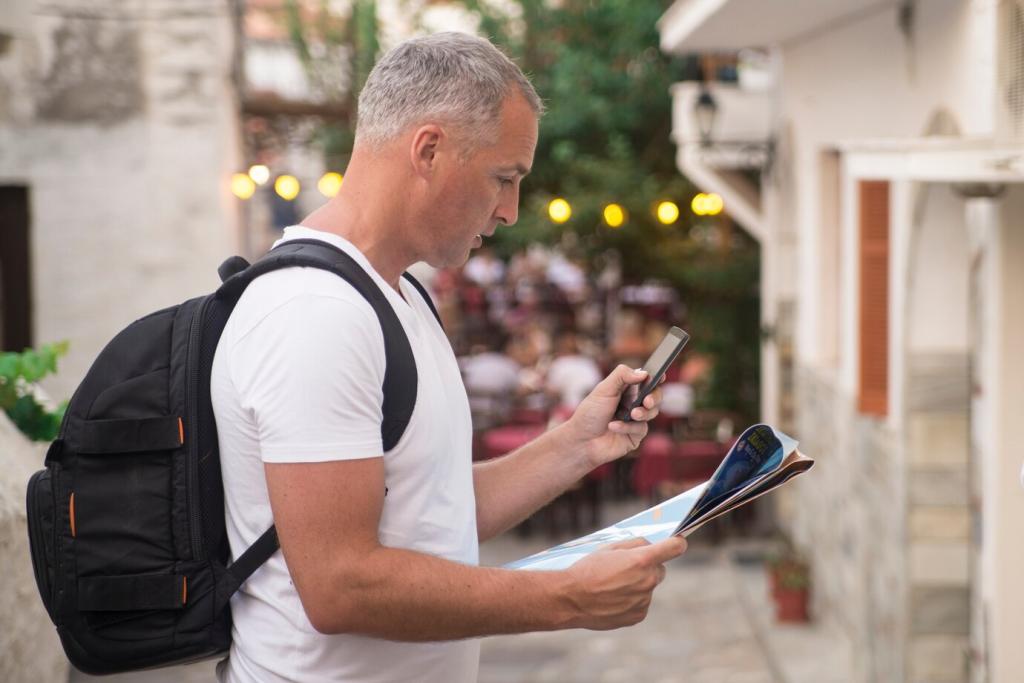Deep Cultural Literacy and Research Skills
Training teaches you to triangulate museum archives, oral histories, and community elders. You learn to obtain permission, cite responsibly, and attribute stories. Share one primary source that changed your understanding of a site and how you incorporated it ethically.
Deep Cultural Literacy and Research Skills
Complex topics—colonialism, migration, or religious conflict—require sensitivity and historical context. Courses provide frameworks for balanced interpretation without erasing pain or pride. Tell us a difficult subject you navigate and what training tool helps you present it with care.





